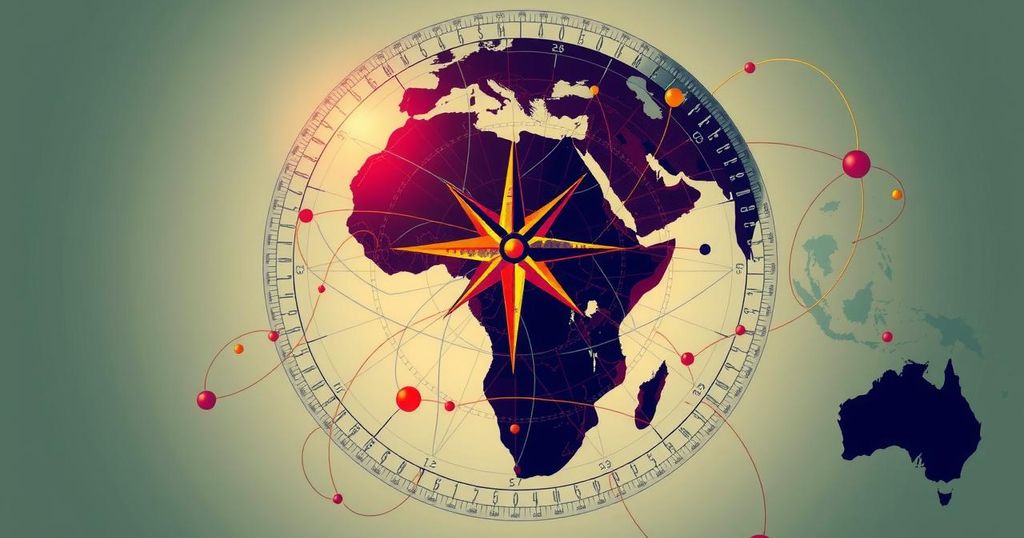Rwanda’s Actions in Congo: A Disturbing Echo of Russian Expansionism
Rwanda has exploited instability in eastern Congo by supporting the M23 rebel group, similarly to Putin’s actions in Ukraine. This has led to significant humanitarian crises and territorial claims by Rwanda under the guise of protecting locals. The international community is called to respond to this aggression to prevent further destabilization.
The situation in Congo is dire, as the rebel group M23 has taken control of the city of Goma, resulting in tragic casualties, including the deaths of UN peacekeepers, and displacing hundreds of thousands of residents. To illustrate, one may compare this to the 2014 annexation of Donbas by Russia, where Putin similarly employed local separatists as a pretext for territorial aggression.
Rwanda’s president, Paul Kagame, has adopted tactics akin to those of Putin. The M23 rebels are supported by Rwanda, who claim to protect Congolese Tutsis, although the perceived danger is overstated. This proxy warfare allows Rwanda to annex Congolese land stealthily while denying its military involvement, despite evidence to the contrary.
Current conflicts in Congo have uprooted approximately eight million individuals, with intense violence and looting prevalent, further complicating the humanitarian situation. Notably, Rwanda has seen a spike in gold exports, raising suspicions regarding the source of these resources amid its mining limitations.
Despite flaws in the parallels drawn with Ukraine, the consequences of Rwanda’s actions could destabilize further, as observers fear Kagame might aim to destabilize the Congolese government completely. Rwanda’s actions highlight a troubling trend in the diminishing global respect for territorial sovereignty, reminiscent of other imperialist aggressions.
Rwanda’s interventions in Congo are not new; M23’s capture of Goma occurred previously in 2012. Unlike that time, current international bodies are less robust, and with new geopolitical alliances formed, Kagame faces fewer consequences for his regime’s actions. However, American diplomacy under President Biden managed to restrain Kagame to some extent.
The international community, particularly donor nations, need to reevaluate their support for Rwanda due to its reliance on foreign aid. It is imperative that external powers exert pressure on Kagame to cease his expansionist policies, as allowing further territorial aggression would set a dangerous precedent for global stability.
The article focuses on the geopolitical implications of Rwanda’s recent actions in eastern Congo, particularly through the activities of the M23 rebel group. It draws parallels to Russia’s annexation of Donbas, highlighting a series of tactics employed by leaders seeking territorial expansion under the guise of protecting local populations. The ongoing humanitarian crisis in Congo exacerbates these issues, raising questions of international response and accountability.
In conclusion, Rwanda’s military activities within Congo, under the pretense of protecting Tutsi interests, reflect a troubling trend of aggressive territorial ambitions reminiscent of Russia’s actions in Ukraine. The weakening of international oversight grants Kagame the latitude to act without fear of substantial repercussions. A concerted effort by donor nations and international bodies is imperative to curtail such expansionism and uphold global norms regarding territorial integrity.
Original Source: www.hindustantimes.com




Post Comment